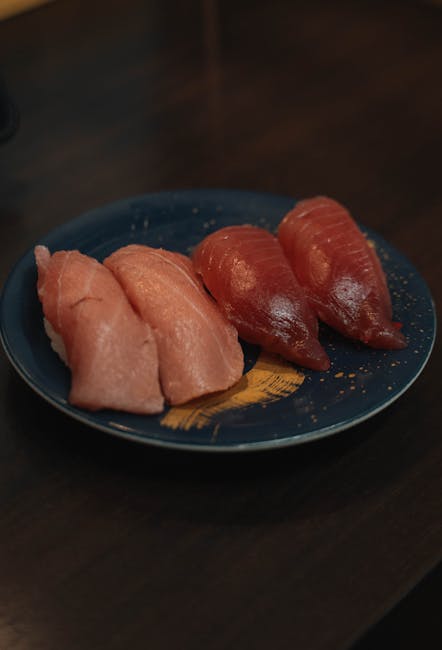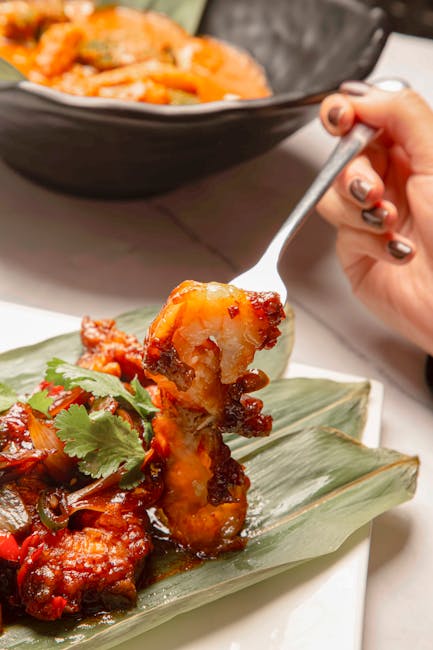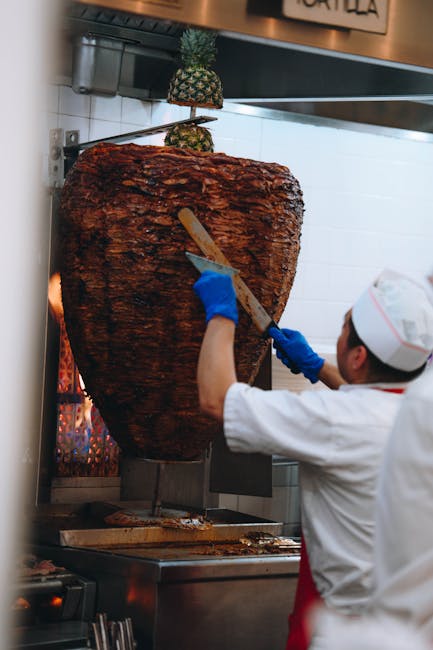The King of Chefs and the Chef of Kings: A Culinary Exploration of Power and Prestige
The King of Chefs and the Chef of Kings: A Culinary Exploration of Power and Prestige
Throughout history, the relationship between culinary excellence and power has been inextricably linked. The concept of the “King of Chefs” and the “Chef of Kings” encapsulates this dynamic, representing the pinnacle of culinary achievement and the influence wielded by those who craft the food of royalty and the elite. This exploration delves into the historical context, cultural significance, and enduring legacy of these influential figures, unraveling the intricate tapestry that binds gastronomy and governance.
The King of Chefs: A Culinary Monarch
The title “King of Chefs” is not a formal designation but rather a metaphorical crown bestowed upon chefs who have achieved unparalleled mastery and influence within their culinary sphere. These culinary monarchs often possess a unique blend of technical skill, creative genius, and business acumen. They are innovators, pushing boundaries and shaping culinary trends, leaving an indelible mark on the gastronomic landscape.
Consider the impact of figures like Auguste Escoffier, often referred to as the King of Chefs. His systematic approach to French cuisine, codified in his seminal work *Le Guide Culinaire*, revolutionized kitchen organization and culinary practice. His influence extends far beyond his time; his techniques and recipes remain cornerstones of classic French cooking, continuing to inspire generations of chefs. His impact wasn’t just about the food itself, but also about the standardization and professionalization of the culinary arts.
Other chefs could also be considered for this title, each with their own unique contribution: Paul Bocuse, with his staunch advocacy for *nouvelle cuisine*, revitalized French gastronomy; Ferran Adrià, the visionary behind El Bulli, pushed the boundaries of molecular gastronomy, forever changing the way we perceive culinary possibilities; and Alain Ducasse, known for his meticulous attention to detail and unwavering commitment to sourcing the finest ingredients, exemplifies unwavering culinary excellence.
- Auguste Escoffier: The architect of modern French cuisine, his systematization of cooking techniques and kitchen management remains influential.
- Paul Bocuse: A pioneer of *nouvelle cuisine*, he emphasized lighter sauces and simpler preparations, influencing a shift in culinary styles.
- Ferran Adrià: The visionary behind El Bulli, his groundbreaking work in molecular gastronomy redefined the possibilities of culinary art.
- Alain Ducasse: Known for his commitment to quality ingredients and classic techniques, he personifies refined culinary excellence.
The Chef of Kings: Culinary Counselors to the Crown
The “Chef of Kings” represents a different facet of culinary power, holding a position of influence and trust within royal courts and aristocratic households. These chefs weren’t merely cooks; they were trusted advisors, responsible not only for the culinary experiences of royalty but also for the management of kitchens, staff, and the procurement of ingredients. Their responsibilities extended far beyond the preparation of food, encompassing aspects of diplomacy, political maneuvering, and even national identity.
Throughout history, royal chefs have played pivotal roles in shaping culinary traditions and reflecting the power and prestige of their patrons. Their menus were elaborate affairs, reflecting the wealth and power of their rulers. The dishes served weren’t just sustenance; they were symbolic representations of status, diplomacy, and cultural identity. Royal banquets were grand spectacles, meticulously planned and executed, reflecting the culinary prowess and organizational skills of the royal chef.
Consider the influence of royal chefs in different historical periods. In the French court, chefs were integral to the development and dissemination of French haute cuisine. The elaborate dishes and intricate presentations were not only statements of culinary artistry, but also displays of national pride and power. Similarly, in other royal courts across Europe and Asia, chefs played vital roles in shaping culinary culture and reflecting the tastes and preferences of their rulers.
The role extended beyond simply cooking; often, they had to manage complex kitchens, train staff, and oversee the procurement of rare and exotic ingredients, sometimes even engaging in diplomatic efforts to secure access to specific foods from other countries.
The Power Dynamics of Culinary Service
The relationship between the “King of Chefs” and the “Chef of Kings” highlights the contrasting dynamics of culinary power. The King of Chefs establishes his authority through innovation, creative genius, and the impact of his culinary philosophy, influencing a broader audience. The Chef of Kings, on the other hand, exerts influence through proximity to power and the direct impact of their culinary creations on the lives of royalty and the elite.
Both roles require exceptional skill, dedication, and leadership. However, one operates within the broader context of culinary innovation and industry influence, while the other navigates the intricacies of royal courts and diplomatic circles.
The Enduring Legacy: Culinary Influence Across Time
The legacies of both the “King of Chefs” and the “Chef of Kings” continue to shape the culinary world today. The innovations and techniques of past culinary masters form the foundation of modern gastronomy. The sophistication and artistry of royal kitchens inspire contemporary culinary creations. The pursuit of culinary excellence and the desire to create exceptional dining experiences remain central to the culinary arts.
The influence extends beyond specific individuals; it also encompasses the development of culinary traditions, the evolution of kitchen technology, and the ongoing pursuit of gastronomy as a form of artistic expression. The pursuit of culinary excellence and innovation, regardless of whether one operates in a palace kitchen or a world-renowned restaurant, mirrors the drive for mastery that defines both the King of Chefs and the Chef of Kings.
Modern Interpretations: The Evolution of Culinary Power
In the modern era, the lines between these two roles have become somewhat blurred. Celebrity chefs often wield considerable influence, akin to the King of Chefs, while chefs in high-end restaurants catering to powerful individuals still occupy a position analogous to the Chef of Kings. However, the increased accessibility of information and the democratization of culinary knowledge have fundamentally altered the dynamics of culinary power.
Today, the impact of a chef extends far beyond the confines of a single kitchen. Through television shows, cookbooks, and social media, chefs can reach a global audience, sharing their knowledge and influencing culinary trends on an unprecedented scale. This widespread influence fundamentally alters the dynamics of power, shifting the focus from the exclusive circles of royalty and aristocracy to a broader, more democratized culinary landscape.
Conclusion: A Timeless Culinary Legacy
The enduring legacy of the “King of Chefs” and the “Chef of Kings” serves as a testament to the enduring power of culinary excellence. The culinary arts continue to thrive, driven by innovation, creativity, and a deep-seated appreciation for the transformative power of food. The pursuit of culinary mastery, whether aimed at revolutionizing gastronomy or serving the most powerful individuals, represents a timeless pursuit of excellence, a legacy that continues to shape and inspire the culinary world.




